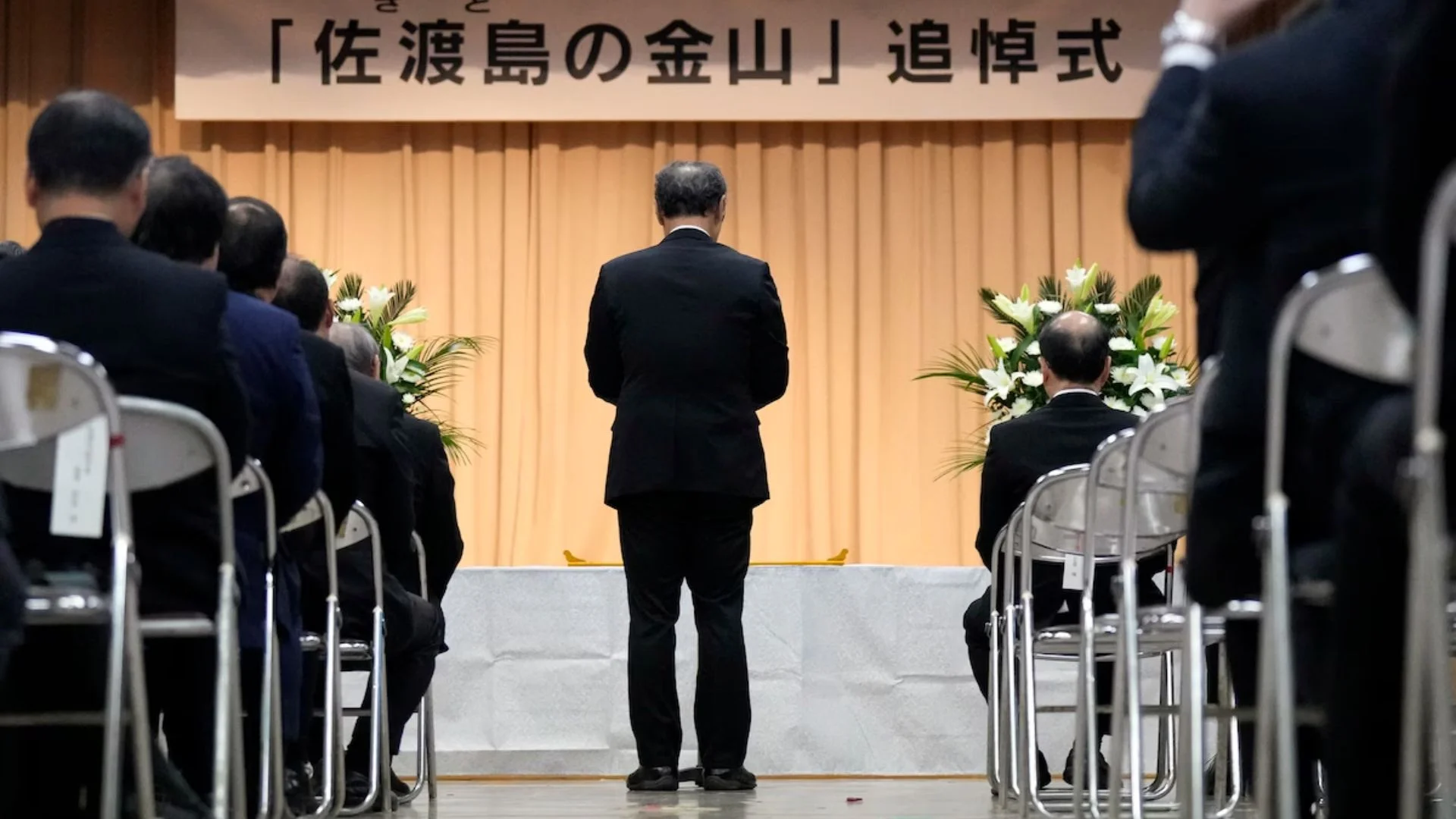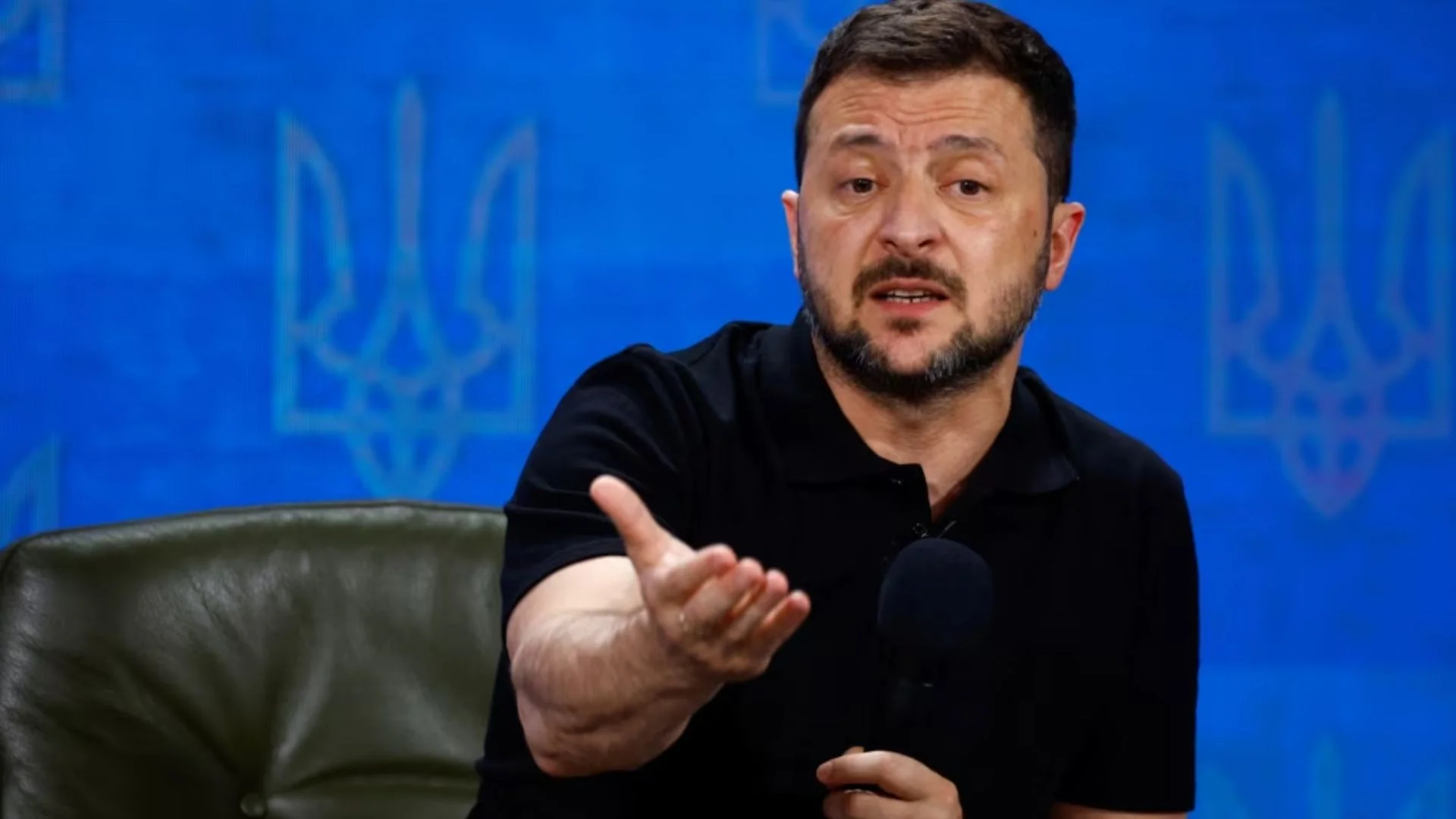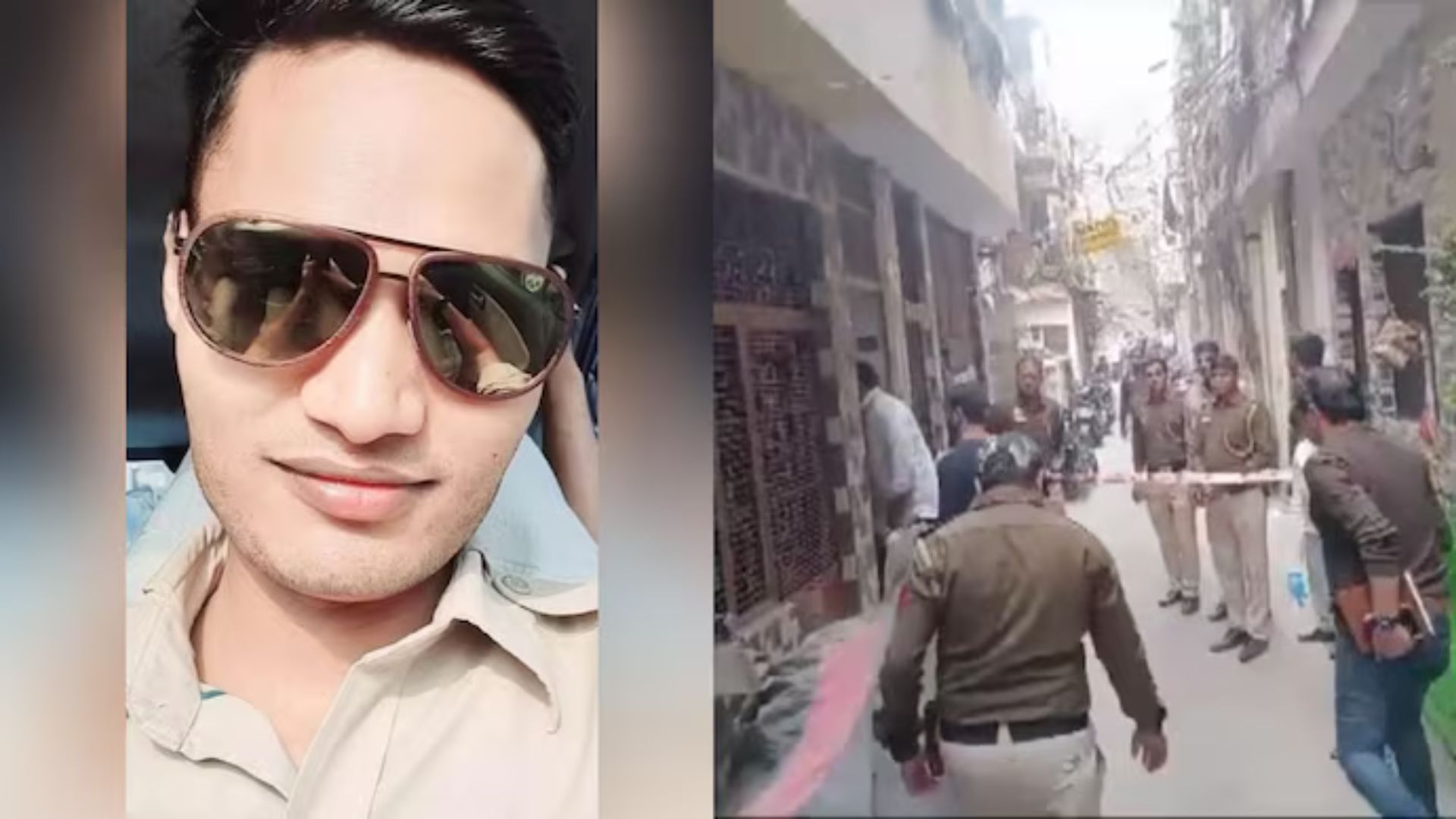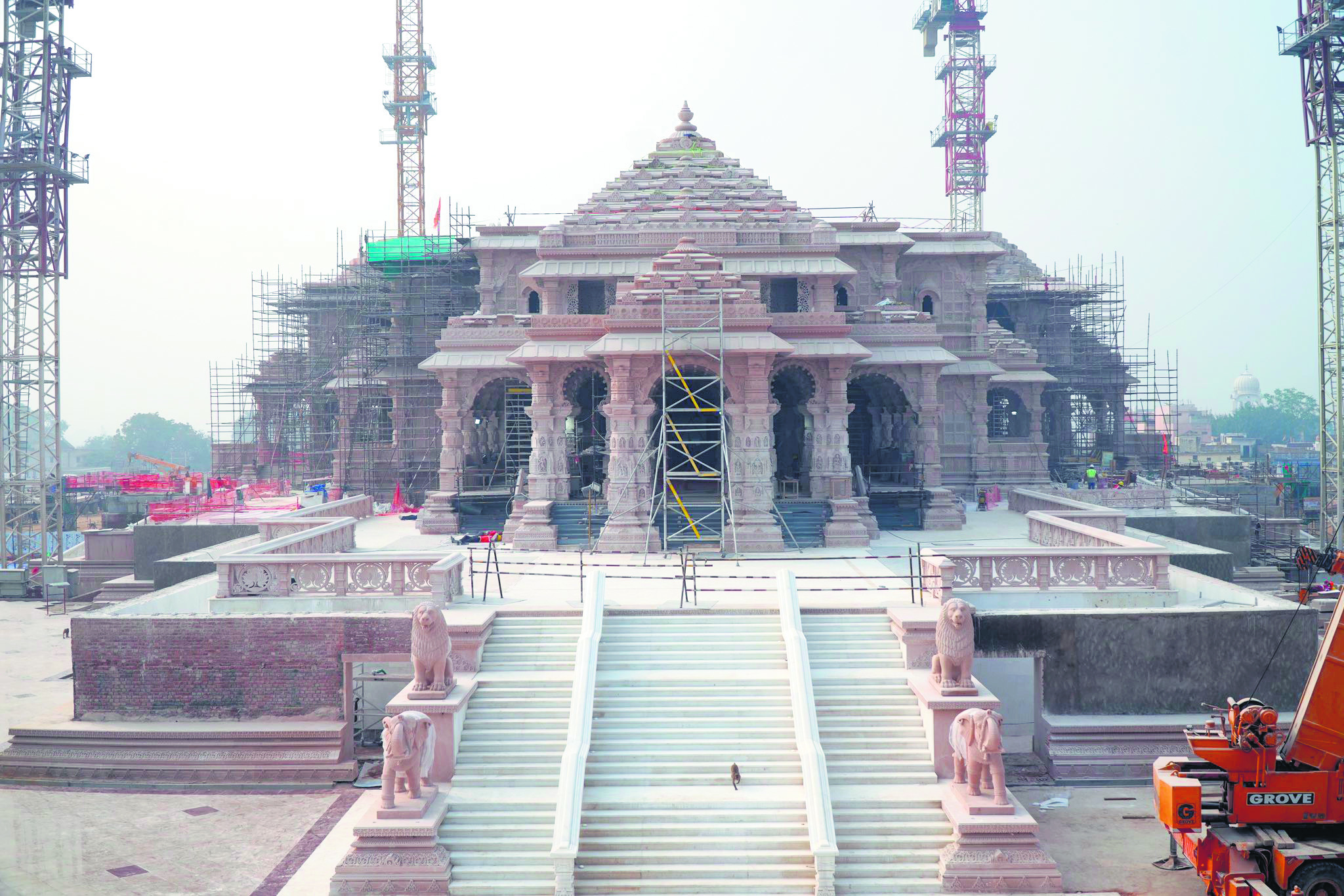
Veteran advocate and Attorney General of India K. Parasaran who fought for Ram Lalla in the Supreme Court at the age of 92.
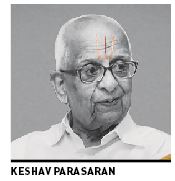
In 2019, when the bench of the then Chief Justice of India Ranjan Gogoi, hearing the Ayodhya case, asked him, “Would you like to sit on the chair and debate?”, 92-year-old lawyer K. Parasaran politely said – ‘ So kind to you my Lords, the tradition of the Bar has been to stand and argue and I want to maintain this tradition.
Since 2016, Parasaran’s court appearances have been rare. But of two big matters. Parasaran was brought back from Chennai to Delhi. One was the Sabarimala case and the other was the Ayodhya case.
An eminent Hindu scholar and an excellent government lawyer, Parasaran has enjoyed the confidence of every administration since the 1970s. His court speeches are often lectures on Hindu scriptures. Not only this, Supreme Court Justice (retd) Sanjay Kishan Kaul had given Parasaran the title of “Father of the Indian Bar for his contribution to law without compromising his religion”.
In the Sabarimala case, K. Parasaran appeared on behalf of the Nair Service Society to defend the ban on entry of menstruating women into the temple. His argument was that the court was asking the wrong question to introduce the mental right to pray?
“If a person asks, ‘Can I smoke while praying’, he will get a slap. But if he asks, ‘Can I pray while smoking,’ he will be applauded.” So ,The right question will bring the right answer, the wrong question will bring the wrong answer,” he told the judges.
During his arguments, Parasaran read out paragraphs from the Sundarakanda of the Ramayana to explain to the judges the “Nashtika Brahmacharya”, or celibate nature of the deity Ayyappa. However, a five-judge bench of the Supreme Court ruled against the arguments and allowed the women to enter.
Earlier, when K. was approached to represent him in the Ram Sethu case related to the legendary bridge connecting India to Sri Lanka. Parasaran argued in the Supreme Court against the government and to protect the causeway from the Sethusamudram project. When the judge asked why he was opposing the government, he recalled the Skanda Purana, which describes the link. He had said, “At least I can do this much work for Ram.”
Parasaran was born in 1927 in Srirangam, Tamil Nadu. His father Keshav Iyengar was a lawyer and Vedic scholar who practiced in the Madras High Court and the Supreme Court.
Parasaran’s three sons, Mohan, Satish and Balaji, are also lawyers. Mohan Parasaran served as Solicitor General for some time in the UPA-2 regime. The fourth generation of the family has also joined the bar. Parasaran started his practice before the Supreme Court in 1958. During the Emergency, he was the Advocate General of Tamil Nadu and was appointed Solicitor General of India in 1980. He served as the Attorney General of India from 1983 to 1989
Parasaran often found himself on the other side of Nani Palkhivala on major constitutional matters in the 1970s – Palkhivala mostly appearing for private interests challenging tax and administrative laws.
In 1992, Mumbai-based Milan Banerjee, who enjoyed the confidence of the then Minister of State for Law HR Bhardwaj, was appointed Attorney General, but Parasaran was referred to as the “super AG” or “real AG”. Since Banerjee was an expert in arbitration and commercial laws, Parasaran was indispensable to the government when it came to constitutional matters.
Despite defending the government for decades, Parasaran was not shy about disagreeing with the political leadership.
In 1985, as Solicitor General of India, he advised the government not to act on the show cause notice issued to demolish the Indian Express building because it was a legally weak case.
However, when the Indira Gandhi government ignored his opinion, he refused to defend the government in court and offered to resign if forced to appear.





